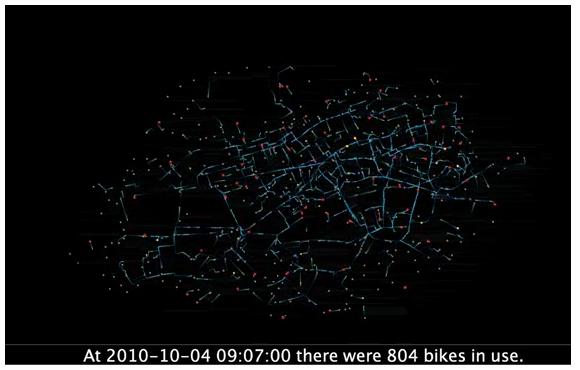April is Mathematics Awareness Month. Sponsored by professional and educational organizations like the American Mathematical Society, the Mathematical Association of America, the American Statistical Association, and the Society for Industrial and Applied Mathematicians, Mathematics Awareness Month aims to increase awareness and promote the utility of mathematics through activities, contests, and public discourse.
This year’s theme is Mathematics, Statistics, and the Data Deluge. The application of statistics is playing an ever-increasing role in both theory and practice, and the overwhelming amount of data available to us now is dramatically changing what we can do and how we do it.
There are a number of linked resources to this year’s theme at the Math Awareness Month website. And this story from Stephen Wolfram offers an interesting tale about the unexpected application of personal data.
In addition, there are plenty of resources to previous MAMs here, like “Mathematics and Sports” and “Mathematics and the Internet” here: http://www.mathaware.org/about.mam.html#previous.
How will you be celebrating Mathematics Awareness Month?
